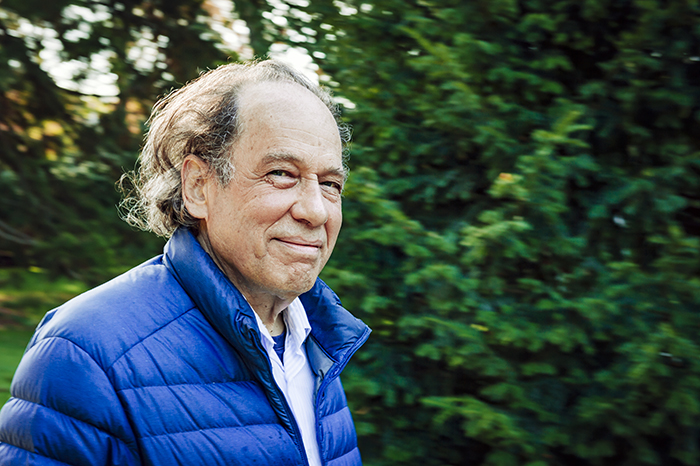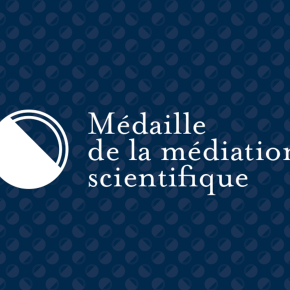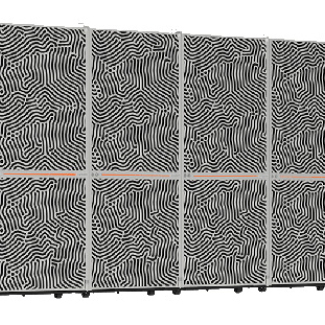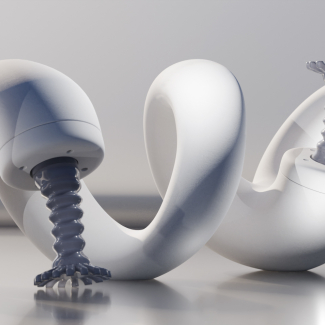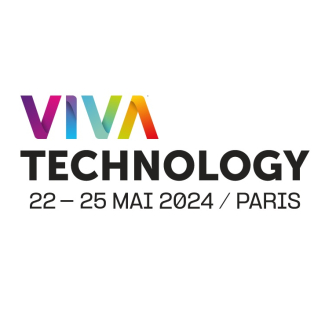
Meet the winners of the 2022 CNRS Scientific Mediation Medal
The CNRS Scientific Mediation Medal recognizes the women and men who put science at the heart of society, diffusing scientific information that is accessible to different audiences. The winners of this second edition are the physicist Julien Bobroff, the mathematician Étienne Ghys, the ocean-related scientific mediator focusing Carolyn Scheurle, and members of the Parity-Equality Unit of the CNRS's Institute for Information Sciences and Technologies for Les décodeuses du numérique (The Digital Decoders) comic strip. The special prize for scientific mediation has been awarded to the immunologist Jean-Claude Ameisen and his famous show Sur les épaules de Darwin (On Darwin's Shoulders). The awards, which are supported by the Ministry of Higher Education and Research, will be given on Friday 18 November by the Minister of Higher Education and Research, Sylvie Retailleau, at the Centquatre cultural centre in Paris during the CNRS launch of Échappées inattendues, la science racontée par le CNRS (Unexpected Vistas: Science Recounted by the CNRS).
Scientific mediation is a tool for diffusing scientific culture, and requires time as well as an individual or collective will to engage with citizens. The transmission of knowledge is one of the CNRS's missions, it was therefore natural to recognize and highlight those who are engaged in this approach. For Antoine Petit, the President and CEO of the CNRS, "speaking of science to a broad public and explaining scientific approaches are essential actions for combatting fake news and any form of obscurantism. Science is not a belief. It provides each citizen with what we know and what we do not, or at least not yet, so that we can forge our own informed convictions." "I would like to extend my sincere congratulations to the winners of the 2022 CNRS Scientific Mediation Medal. They are the face of an open, integrated, and shared science, which the CNRS and its partners build everyday."
Étienne Ghys, a promoter of mathematics and their utility
As a Senior Researcher Emeritus at the CNRS1 and the Permanent Secretary of the Academy of Sciences since 2019, Étienne Ghys has actively helped to expand the diffusion of mathematics in France. The researcher’s various mediums, audiences, and subjects include general audience books, films for teachers to use in classrooms, audiobooks for visually impaired persons, managements of the Year of Mathematics, a website, conferences, and media appearances. A fervent defender of using images, in 2009 he created the online version of the review Images des mathématiques (Images of Mathematics), whose goal is to present recent advances in mathematical research, in addition to its historical, cultural, and sociological aspects, with over ten million views! His diffusion activities have already been recognized by a number of awards, and have prompted the international mathematical community to enhance and improve scientific mediation activities. "I strive to share the pleasure of mathematics with the largest possible audience," recaps the internationally recognized mathematician, who was awarded the 1991 CNRS Silver Medal.
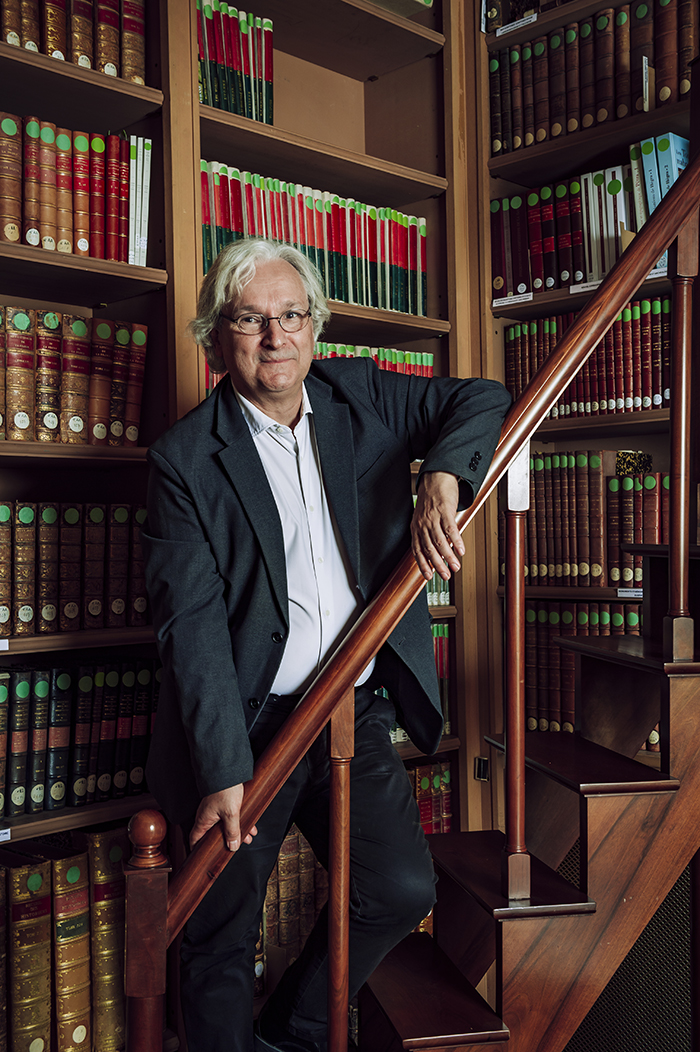
Julien Bobroff, sharing physics differently
"I aim to renew the image of physics with a broad audience, to present recent research, and to discuss how science is conducted," explains Julien Bobroff. His favourite subject is quantum physics. A professor at l'Université Paris-Saclay and a researcher at the Laboratory of Solid-State Physics2 , in 2013 he founded the La Physique Autrement (Physics Differently) team, where he develops original collaborations with designers and creators of all kinds. He has already co-created nearly 300 projects that are available to the public, including confinement conferences, a levitating mini circus, quantum landscapes, the world's coldest book, and 61 ways to measure a building's height with a smartphone. "I like exploring new tools that bring even the most abstract physics within everyone's reach!" points out Bobroff. Unanimously recognized as an essential actor in the scientific mediation of physics, he is also actively engaged with researchers on these subjects, applying the results to his own teaching and diffusing them to the research community.

Carolyn Scheurle, adopting the ocean
After interdisciplinary training in geosciences, which she practiced as part of international organizations, Carolyn Scheurle, the coordinator of the Ocean Culture team at the Villefranche Marine Institute3 , naturally turned toward mediation: "My goal is to build a bridge between science and the non-academic world, and to establish a relation between society and oceans," explains the Research Engineer at Sorbonne Université. The Adopt a Float educational programme is one of the actions she developed to this end. Thanks to her, over 2,000 youth around the globe have already adopted, along with their classes, an underwater robot from the OneArgo scientific programme, managed by Ifremer and co-led by the CNRS. They follow their robot in real time during its "voyage" in the ocean, with the help of educational resources that are constantly being expanded. "Our approach presents the concrete process of science, and reveals the ocean's importance in the regulation and evolution of the climate. It also emphasizes the need to study it, in order to better understand how it functions and to better protect it," assures Scheurle.

Decoding digital technology with comic books thanks to a feminine point of view
The digital sciences suffer from an imbalance in parity. To rectify this, the Parity-Equality Unit of the CNRS's Institute for Information Sciences and Technologies decided, with the support and funding of its management, to highlight female researchers, academics, and engineers in the discipline. The objective was to make the digital sciences accessible by showing the diversity of the subjects it explores, which resonate with major societal issues. "We want to give a voice to today's woman scientists, and to do so while avoiding clichés," recounts Laure Thiébault, a member of the unit, which consists of scientists and communication officers. “The comic book quickly emerged as a modern and demystified medium for expression." The result is 12 portraits by the illustrator Léa Castor that embody science as it is being conducted in a number of key subjects. Published by CNRS Éditions in late 2021, Les décodeuses du numérique comic book has already sold or distributed 12,000 copies, with 3,000 sixth-formers students and one in five high secondary schools receiving it, along with complementary materials online.

On the shoulders of giants...The Special Scientific Mediation Prize for Jean Claude Ameisen
"We can see further on the shoulders of giants."
Every Saturday for over 10 years, on his France Inter radio show, Jean Claude Ameisen has explored humanity as it faces a changing world. His show, On Darwin's Shoulders, which had a weekly audience of more than 1.5 million listeners and was recognized by multiple prizes, focused on eclectic subjects ranging from the theory of evolution to the most recent scientific research, in conjunction with texts by writers, scientists, artists, and poets. "Feeling enables us to understand better, and understanding enables us to feel better," reveals the doctor, immunologist, and recognized specialist in programmed cell death, who is the former director of Inserm Unit U415 at l'Institut Pasteur in Lille, and the Honorary President of the National Advisory Committee for Ethics (CCNE). He is the author of La sculpture du vivant. Le suicide cellulaire ou la mort créatrice. "I believe that science should be a fully-fledged part of our culture, like the arts and philosophy," he advocates, in addition to his scientific commitments and his ethical thinking.
